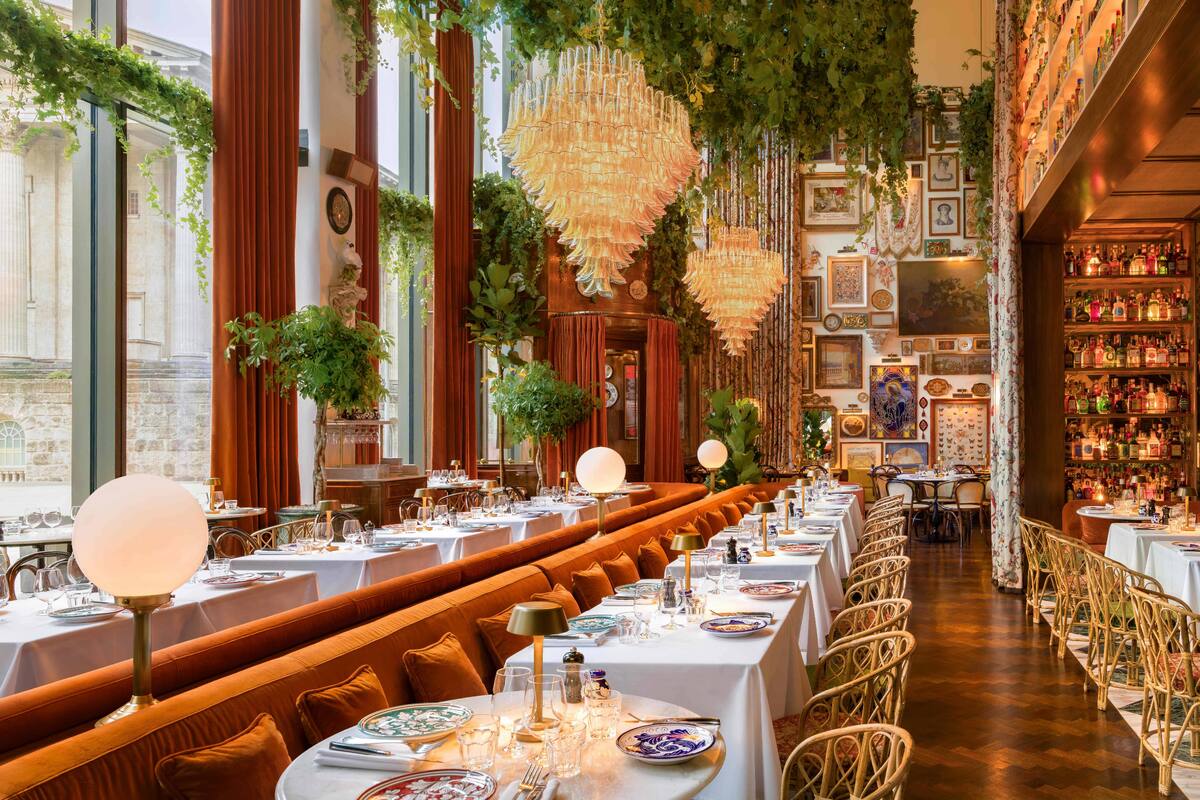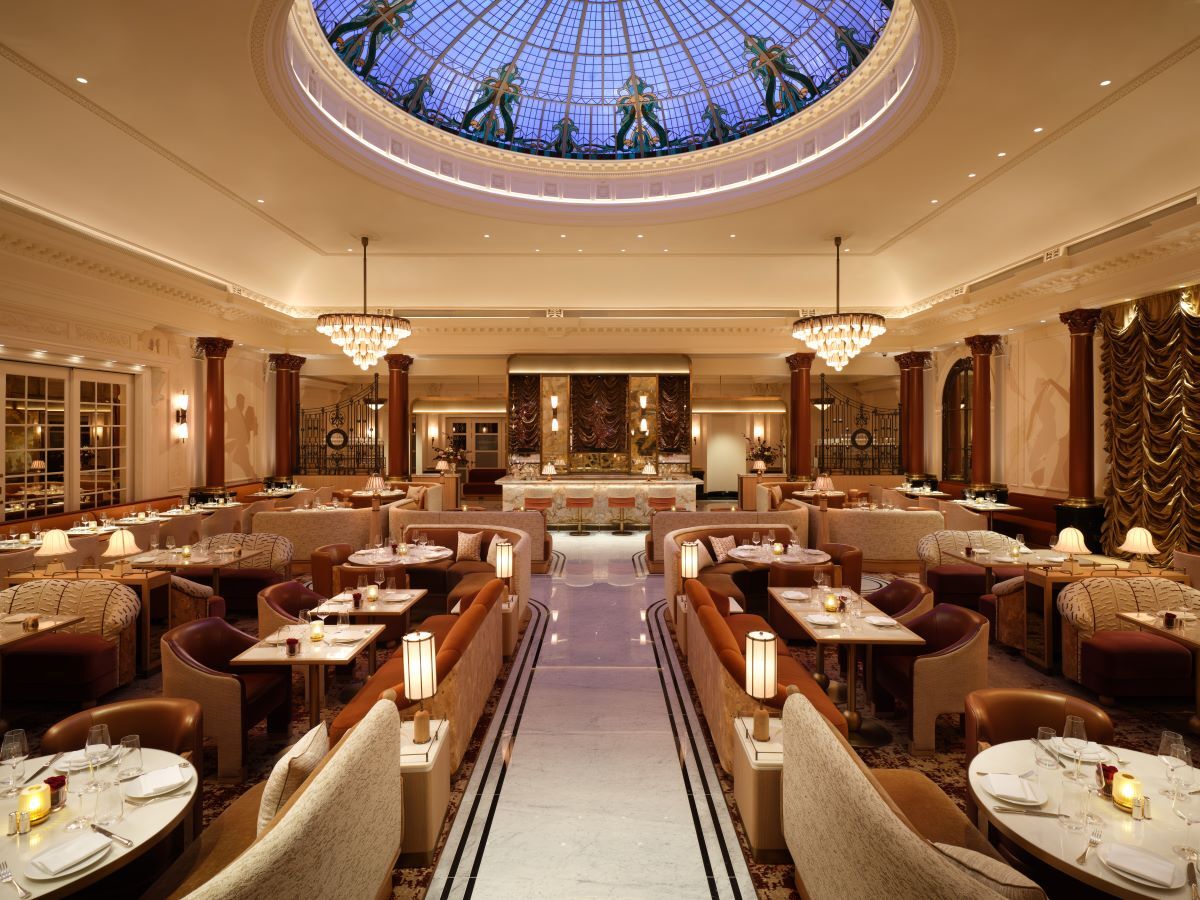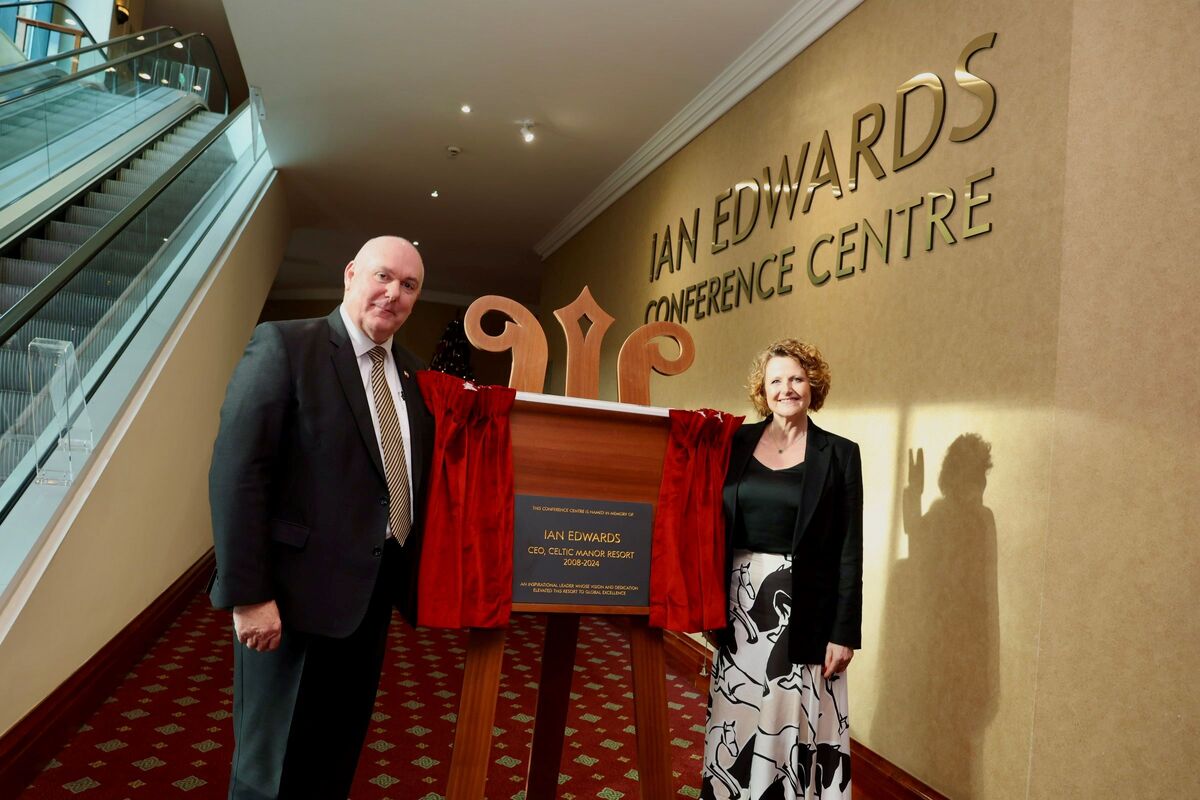Hoteliers' guide to blogging
Blogging makes business sense for a hotel, providing you are fully committed to the project. But although a good blog must be personal and engaging, it should also be based on a business plan supported by hard data. Rajul Chande explains.
Many hotels fail to grasp the search engine, brand and loyalty benefits of blogging as a competitive weapon - but a few are now starting to see the light.
Blogging makes business sense for a hotel, but it's not something that is possible to dip in and out of. You must be fully committed. The web is littered with abandoned blogs and the world certainly doesn't need more of them.
A blog should show a hotel's unique personality - usually best represented by staff. Blogging arguably has the longest track record out of all social media and enables a hotel to engage with guests all-year round.
While Facebook enables the creation of a pseudo-blog, the search engine optimisation (SEO) benefits of a self-hosted hotel blog are bigger: a business will gain better control of link-building - with "do follow" links - fully control link anchor text to target your keywords and create great content for your social media feeds.
If a hotel blogs consistently, it will benefit via direct sales, referrals and Google rank for years to come. Effective blogging must be based on a disciplined business plan and regular tracking.
Positive examples of hoteliers blogging well are thin on the ground, which is a huge missed opportunity in such a competitive market. However, there are some which show promise.
Red Carnation Hotels has five of the top 10 London hotels on TripAdvisor - including the current number one hotel - and it's no coincidence that it blogs successfully. Through online feedback it has great potential to harness this externally-validated positive sentiment to take full control of its organic search results.
The company has much to shout about but the blog is written in the humble, understated style typical of its employees - starting with managing director Jonathan Raggett.
Since Red Carnation Hotels has six London hotels - and several others around the world - the voice of the blog is shared around its various properties. But they also have the potential to capture the considerable SEO benefits of having a precise location focus centred on London.
Different staff members provide well-written articles highlighting distinct aspects of the Red Carnation experience, without being overtly sales orientated. The Red Carnation Hotel Collection's blog is nicely designed and well-written, as well as being consistent with the company's guest profile (see above).
Another interesting hotel blog, but very different in style to Red Carnation, is the May Fair hotel blog. But then this reflects the May Fair's clientele and decor - it's a flamboyant hotel, much-loved by celebrities.
The May Fair is quite a showy place to stay and its blog plays very much to the hotel's strengths. It is written in an informal style in line with its target audience and updated with admirable consistency.
Both blogs successfully engage their target audience but, as with anything, there is significant room for improvement.
While a good hotel blog must be personal and engaging, it should also be based on a business plan supported by hard data. Extensive keyword and competitor research will make it easy to define a clear content strategy.
There should then be a system in place to ensure that the blog is updated with relentless consistency with great content. This must meet three criteria: brand-building, keyword-rich and social media-integrated.
A hotel company that has the vision to do this will gain a significant advantage.
If a cost-effective strategy is to be successful, hotels must strike a balance between pay-per-click promotion - which brings short-term occupancy but doesn't build the brand - and tactics to improve natural search position. Google ads can deliver results but, in essence, this is paying for something you should already own. Similar results can be achieved more sustainably through blogging and other social media.
The trump card of a well-run hotel is its online brand reputation. In this regard blogging is a great investment because it conveys the authenticity of your brand and drives bookings for the right reasons - which is anything other than price.
Rajul Chande is managing director of Positive Partnerships
HOW TO MAKE THE BEST OF A BLOG
Frequent updates. Regular posts "train" Google to crawl your site and reward your content's freshness. Irregular posting can reflect badly on your brand.
â- Guest-centred content. Link to guest reviews and content created by clients - for example, positive reviews on TripAdvisor.
â- Vary the format. Use video posts, link to photos of events and promote special offers. Video always provides excellent, search-engine friendly blogging fodder. These are all big opportunities to leverage the blog and raise overall online profile.
â- Use an easy-to-skim writing style. This makes it easier to engage and converse with the reader.
â- Link with hotel offers and current events. Give current themes prominence. This is a great method for exploiting topicality to come up higher on Google based on what people are searching for now.
â- Use a broad range of blog categories. Categorisation is both user-friendly and Google-friendly.
â- Tag and optimise blog posts. Mundane steps can improve the organic search rank of a blog post. Make sure tagging is as strategic and scientific as possible.
â- Have a voice. It's OK to outsource the writing of a blog as long as content writers fully adopt your brand's voice.
â- Consistent design. Create a formal style guide.
â- Destination content. Reveal lesser-known benefits related to the hotel's location. Emphasise the attractions that would indirectly help to better sell the hotel.
â- Let the staff speak. Ask the concierge and others to provide posts, videos or audio recordings.
HOW RED CARNATION HOTELS MAINTAINS A SUCCESSFUL BLOG
Coherent style and design The colour scheme synchronises effortlessly with the company's overall branding. The blog features premium photography, which is essential for a blog showcasing luxury hotels.
Quality and originality of blog posts Topics as diverse as "Successful Shopping Shortcuts" - including Burlington Arcade - and the intriguing "Hunting for Treasure in London" are featured.
Emphasis on destination and attractions A successful hotel blog has to think beyond its own four walls - most people do not visit London to spend their time in a hotel. Good blogging should inspire people to visit you by opening their eyes to hidden gems in your local area.
Posts contributed by different team members This gives the blog a unique personality and information is often genuinely insightful. The concierge is usually an ideal spokesperson.
Content matches clientele and target audience Having a blog style that reflects the guest profile is critical.
















